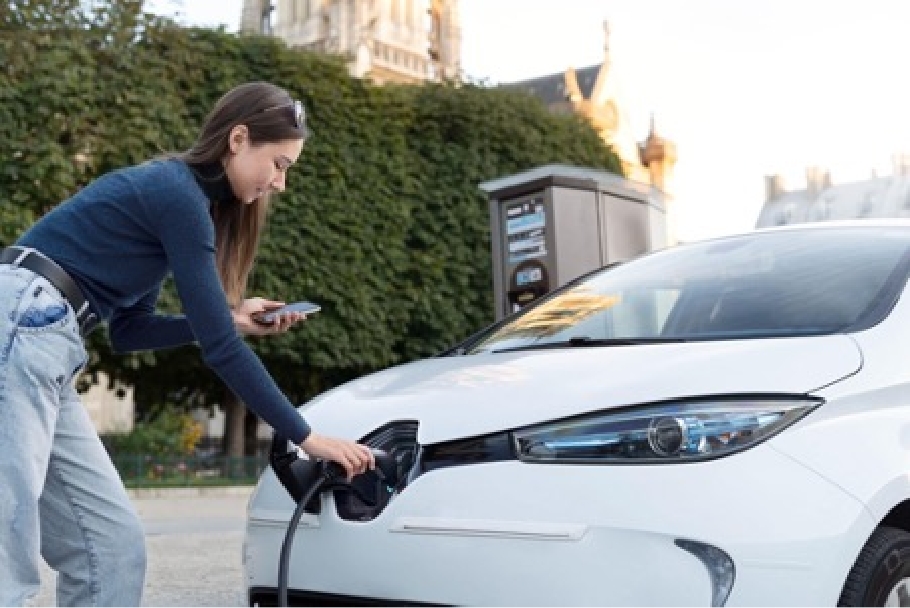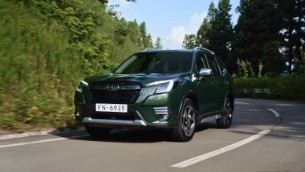Eco-friendly Commuting: Exploring the Benefits of Electric and Hybrid Cars for Students
Introduction
The transportation sector has been a significant contributor to environmental degradation, with carbon emissions playing a huge role in the exacerbation of global warming. Recognizing the need for change, the younger generation, particularly students, are at the forefront of adopting greener, more sustainable commuting methods. With electric and hybrid vehicles becoming increasingly popular, this article delves into the numerous benefits of adopting these eco-friendly modes of transport, especially for students.
Understanding Electric and Hybrid Cars
In the realm of eco-friendly commuting, two types of vehicles stand out: electric cars (EVs) and hybrid cars.
Electric Cars (EVs) are vehicles that run exclusively on electricity. They rely on batteries to store the electric energy that powers the motor. The beauty of EVs lies in their zero-emission feature, meaning they don't emit any tailpipe pollutants when driven.
Hybrid Cars, on the other hand, blend the traditional combustion engine with an electric motor. This combination can be particularly beneficial in urban settings, where the vehicle might run on electricity at low speeds and switch to gasoline for highway speeds or when the battery runs low.
For students juggling multiple responsibilities, the ease and cost-efficiency of these cars can be a boon. Imagine not having to queue at the gas station between classes or having extra cash for academic needs. Speaking of academic conveniences, if you ever find yourself thinking, "I wish I could write my paper with expert writers on DoMyEssay," know that there are resources available that cater specifically to student needs.
Financial Benefits
One of the most tangible benefits of electric and hybrid cars, especially for cash-strapped students, is the potential for cost savings:
Cost Savings: While the initial investment might be slightly higher, the long-term savings are substantial. Electric cars, for instance, have lower fueling costs. Electricity is generally cheaper than gasoline, and the efficiency of electric engines surpasses that of combustion engines. Maintenance costs are also lower, given that EVs have fewer moving parts.
Resale Value: As the demand for eco-friendly vehicles rises, so does their resale value. Investing in a hybrid or electric car now might mean a higher return when you decide to sell.
Environmental Impact
The transition from gasoline to electric or hybrid vehicles can bring about a considerable reduction in carbon footprints.
Reduced Emissions: Electric cars produce zero tailpipe emissions. Even hybrids, which still rely partly on gasoline, emit far fewer greenhouse gases than their traditional counterparts.
Conservation of Resources: By reducing the need for gasoline, we're conserving non-renewable resources and decreasing our dependence on oil. This shift also stimulates the renewable energy sector, as many electric vehicles can be powered by solar or wind-generated electricity.
Convenience and Accessibility for Students
Many universities recognize the importance of sustainable transport and are facilitating their students' green initiatives.
Charging Stations on Campus: It's increasingly common to spot EV charging points in university parking lots. This not only encourages students to adopt eco-friendly vehicles but also addresses the anxiety of running out of charge.
Range: With advancements in battery technology, electric cars like the upcoming Volkswagen ID.7 are touted to offer impressive ranges, making them apt even for students living off-campus.
Performance and Technology
There's a misconception that eco-friendly vehicles compromise on performance. Modern electric and hybrid vehicles dispel this notion with their superior tech features and commendable on-road performance.
Smooth and Quiet Operation: One of the first things drivers notice about EVs is their silent operation and seamless acceleration, thanks to the electric motor's instant torque.
Tech Features: Vehicles like the Volkswagen ID.7 come equipped with cutting-edge technology that appeals to the tech-savvy younger generation, from touchscreen infotainment systems to advanced safety features.
Government and Institutional Support
Adopting green transportation is not just an individual choice; it's being backed by governments and institutions globally:
Incentives and Rebates: Governments worldwide offer tax breaks, rebates, and incentives for eco-friendly vehicle buyers, reducing the overall cost of ownership.
Campus Initiatives: Institutions are encouraging students to go green by offering special parking spots, car-sharing programs, or discounts for those using electric or hybrid vehicles.
Addressing Common Concerns
Despite the overwhelming benefits, prospective buyers often have reservations.
"Range Anxiety": The fear of running out of charge is real, but with the expanding infrastructure of charging stations and improved battery technology, this concern is steadily being addressed.
Initial Costs: Yes, some electric and hybrid cars can be pricey initially. However, when one factors in the long-term savings (fuel, maintenance, potential incentives), the cost is justified.
Conclusion
For the student looking to make both a smart financial and environmental decision, electric and hybrid vehicles emerge as the clear winners. From immediate benefits like cost savings to broader advantages like reduced emissions and resource conservation, the shift to eco-friendly commuting represents the future. As the world moves towards sustainability, now is the perfect time for students to drive into a greener tomorrow.











